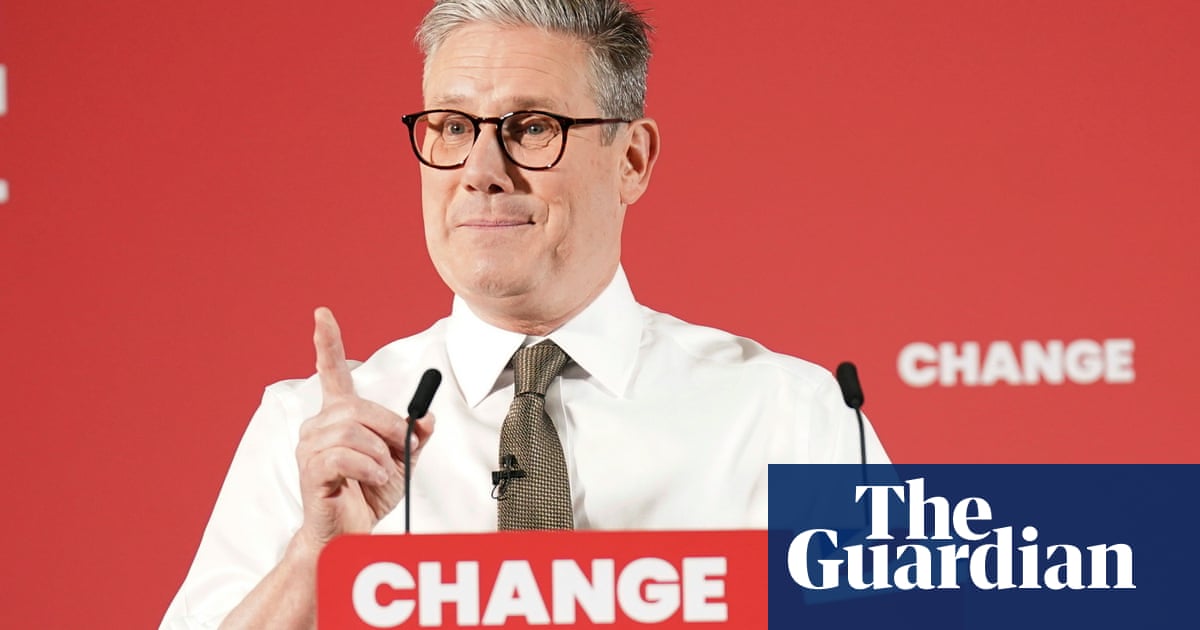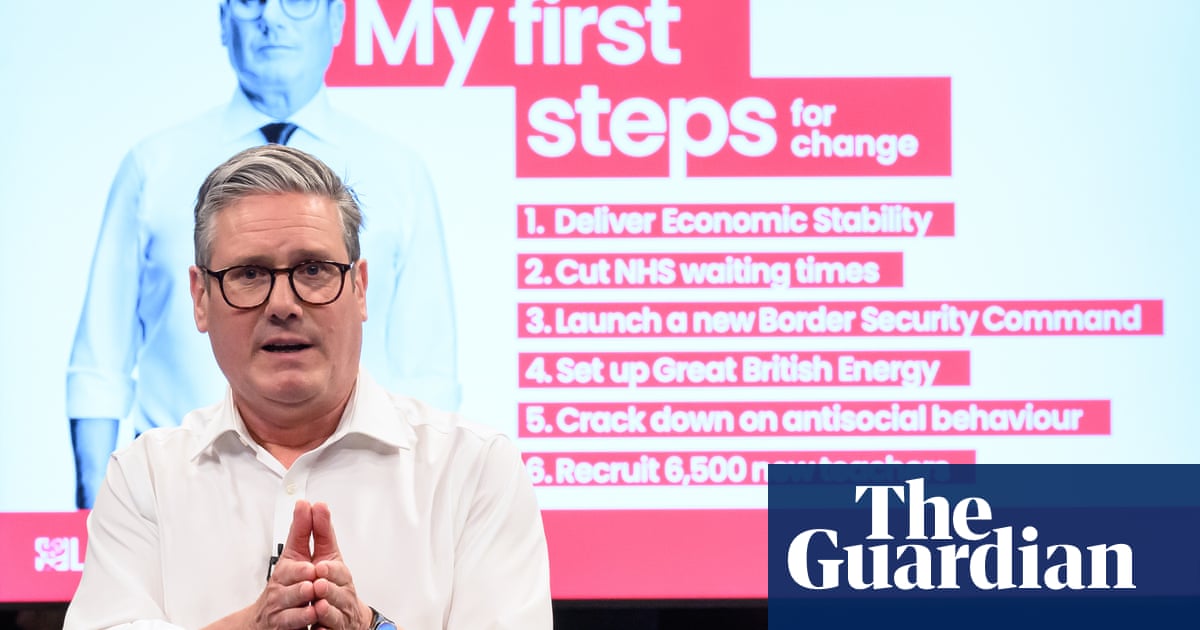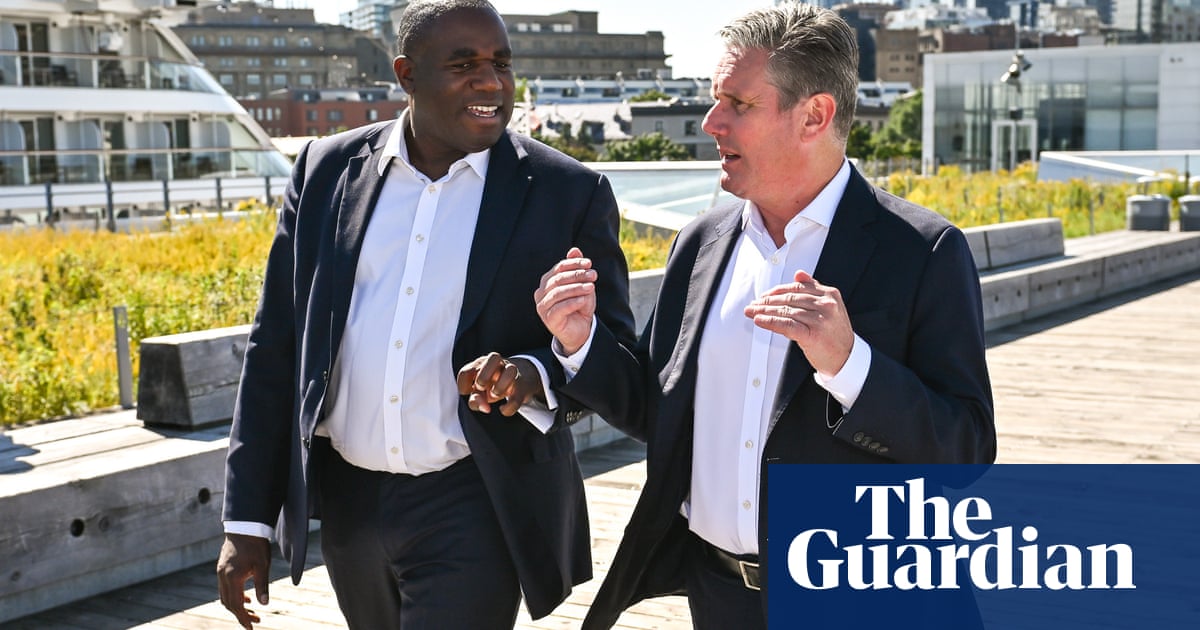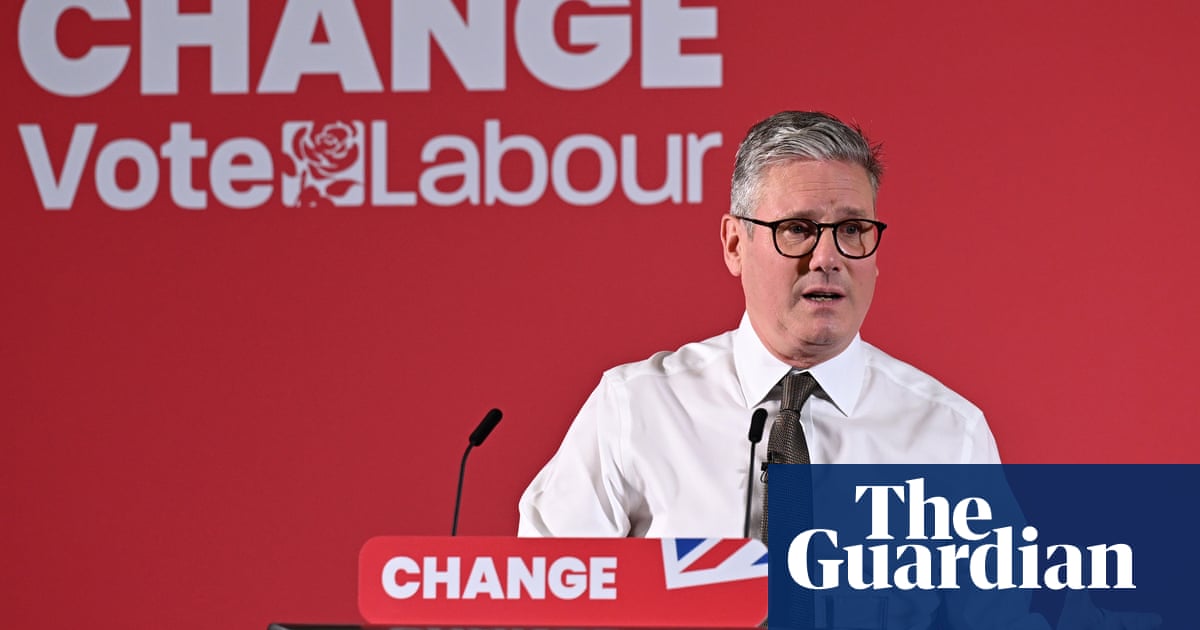
A few days into the general election campaign, Keir Starmer surprised some voters by declaring himself a socialist. “I would describe myself as a socialist. I describe myself as a progressive. I’d describe myself as somebody who always puts the country first and party second,” he said.
What is socialism?
Like many political philosophies, it means different things to different people. But broadly socialists believe all human beings are of equal worth and that society should be organised to reflect that. Fairness, equality, justice and the common good are the foundations of socialism. The wealth created by humans should be used to benefit everyone. Some socialists believe that key industries and sectors, such as utilities, transport and housing, should be owned by the state and run in the public interest rather than for private profit. Other socialists believe that all industries and sectors should be run this way.
Where did the idea originate?
It began as a reaction to capitalism, which really took off in the Industrial Revolution. People were concentrated into towns and cities to work long hours for low wages, often in dangerous conditions, in factories, mills, mines and other workplaces. The factory owners grew rich on the backs of the working class. Some people began to argue that the workers themselves should collectively own the factories and so on, either through workers’ co-operatives or through public/government ownership. Karl Marx was the most high-profile advocate of this.
Has socialism been tried in practice?
Yes. The Russian Revolution of 1917 heralded a communist regime that grew into the Soviet Union. Under Joseph Stalin it turned into a dictatorship that inflicted misery, hardship and death on millions of people. As well as in eastern Europe, socialism or communism has been tried in China, Cuba, North Korea, Vietnam and countries in Latin America and Africa. Few would say they have been a roaring success.
What about the UK?
The Labour party was founded in 1900 out of socialist, Marxist, social democrat and trade unionist movements. Its fundamental principles of social justice, internationalism and “democratic socialism” have endured, although these have been interpreted differently over the past 124 years. The first Labour government was formed in 1924, but it was the post-war Labour government that brought real change: the NHS, welfare state and the nationalisation of coal, iron, steel and the railways.
Is it still a socialist organisation?
That rather depends. Its famous clause IV – “To secure for the workers by hand or by brain the full fruits of their industry … [on] the basis of the common ownership of the means of production” – was ditched by Tony Blair in 1995. But socialism came roaring back under Jeremy Corbyn’s leadership – which was welcomed by some but also blamed for putting off potential Labour voters. After Corbyn was dumped as leader, the national anthem was sung at Labour’s 2022 conference along with The Red Flag. But now Starmer, considered by many to have shifted the party back to the centre ground of UK politics, has said he is a socialist, a progressive and a leader who puts the country first.
What about his closest allies – are they socialists too?
Starmer’s declaration led to a couple of other senior Labour figures also making statements. Rachel Reeves, the shadow chancellor and Starmer’s closest ally, said she had always called herself a “social democrat” who believed in all children having an equal start in life, public services to support people from the cradle to the grave, work that pays, and security. Jonathan Reynolds, the shadow business secretary, said he was a “Christian socialist” whose faith drove his belief in putting people first.
So could we be heading for a socialist UK after the next election?
No. The Labour leadership shows little inclination to introduce radical policies, renationalise on any scale or boot the bosses out. Its hallmarks are political caution, economic stability and reassuring business leaders – not exactly a rerun of 1917. The expectations of many who describe themselves as socialists are low, and they may get even lower as the election campaign goes on.












